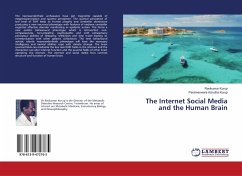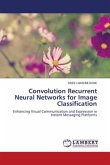Social live streaming services have emerged as a new type of social media. Such services allow users to produce and consume video content in real time as well as to participate via chat comments. Contrary to traditional on-demand social media, users' production, consumption, and participation activities occur simultaneously on social live streaming services. This simultaneity of previously time-separated activities facilitates novel possibilities for users and leads to major challenges for media companies:How can services attract user-generated live content? How can platforms increase user consumption of live broadcasts? How do users' synchronous participation activities affect their willingness to pay? Following these questions, this dissertation examines the phenomenon of social live streaming in three empirical studies. Studies A and B explore the antecedents of users' production and consumption activities. Study C analyzes the effect of synchronous user participation on individuals' willingness to pay. In combination, the studies provide an overarching view of individual-level use and willingness to pay on social live streaming services, including theoretical as well as managerial implications.
Bitte wählen Sie Ihr Anliegen aus.
Rechnungen
Retourenschein anfordern
Bestellstatus
Storno








